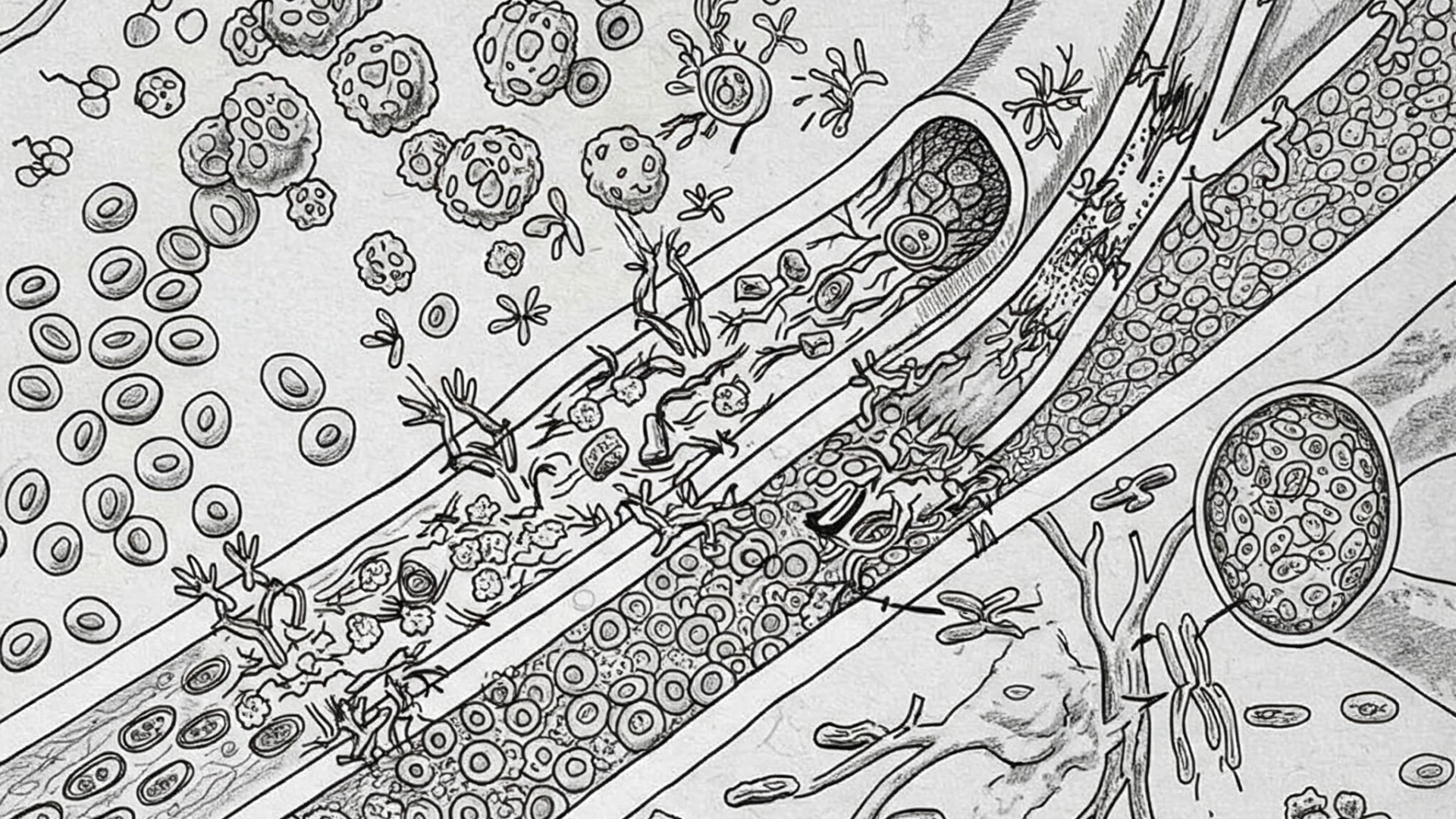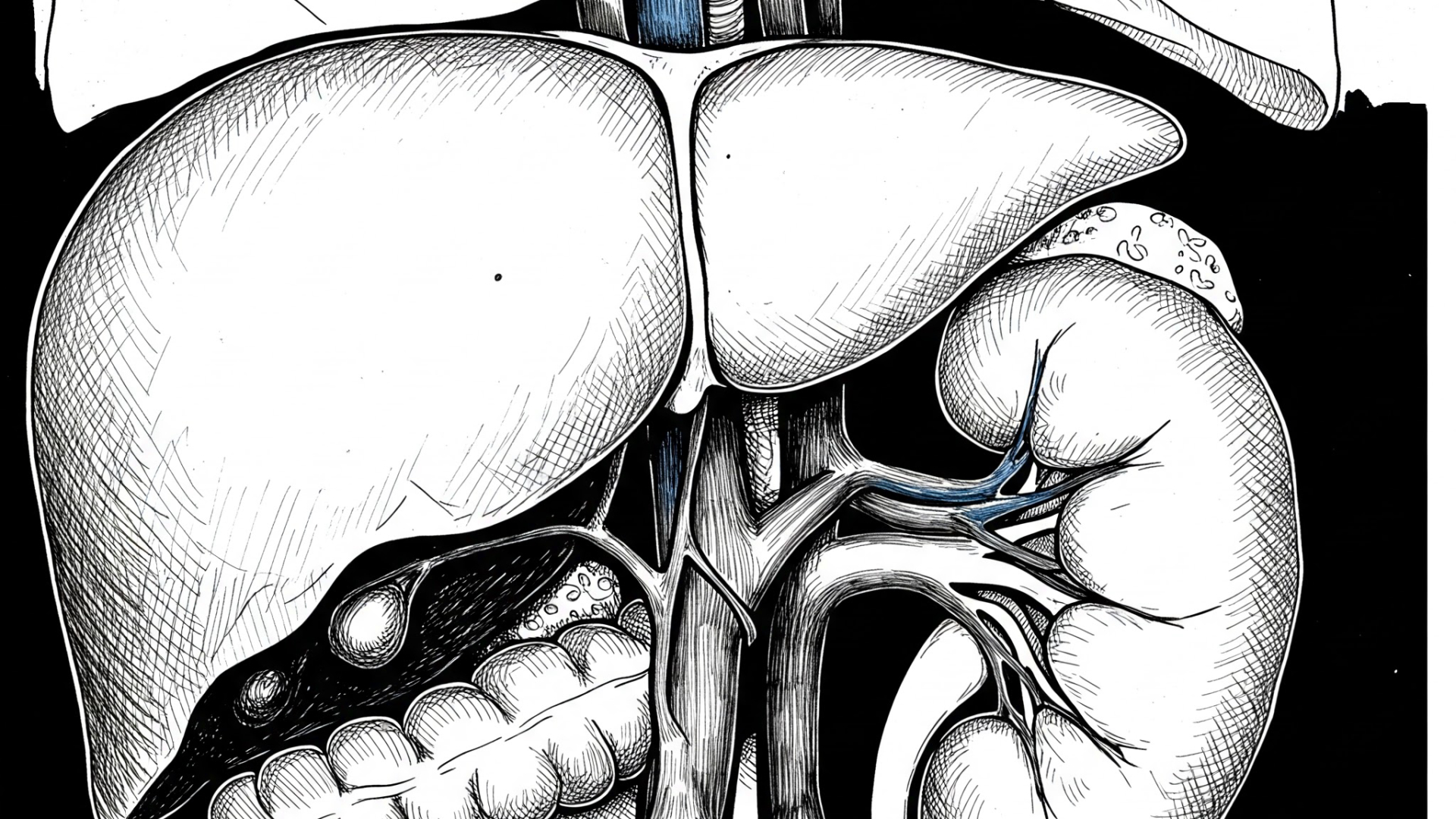Nephrology
 Written on 02/07/2025
Written on 02/07/2025What is ANCA-associated vasculitis, how does it damage blood vessels, and what are the key treatments for this autoimmune condition?
ANCA-associated vasculitis is a group of autoimmune diseases characterized by inflammation of small and medium-sized blood vessels. This inflammation, or vasculitis, can lead to significant damage, potentially causing tissue ischemia and aneurysms. The presence of anti-neutrophil cytoplasmic antibodies (ANCA) in the blood is a hallmark of these conditions. Read more
 Written on 03/01/2025
Written on 03/01/2025What Are Common Urine Crystals and Their Shapes? (Calcium Oxalate, Cysteine, Struvite, Uric Acid)
Have you ever wondered what those tiny particles in urine sediment under a microscope could mean? Identifying urine crystals by their distinct shapes can provide valuable clues about the type of kidney stones a person might have. This is a high-yield topic, especially for medical board exams! Read more
 Written on 03/03/2025
Written on 03/03/2025What is Hepatorenal Syndrome? Understanding the Liver-Kidney Connection, Symptoms, and the Role of Vasodilation and Renin?
Let's dive into hepatorenal syndrome, a serious condition where a problem in the liver leads to kidney dysfunction. As the name suggests, hepato refers to the liver, and renal refers to the kidney. Understanding this connection is crucial for recognizing and managing this syndrome. Read more